
Blame the ‘greedy bastards’, and you protect the greedy systems
The most vehement and damaging charges of ‘greed’ get directed at precisely those who are being stripped of everything
by David Keen

The most vehement and damaging charges of ‘greed’ get directed at precisely those who are being stripped of everything
by David Keen
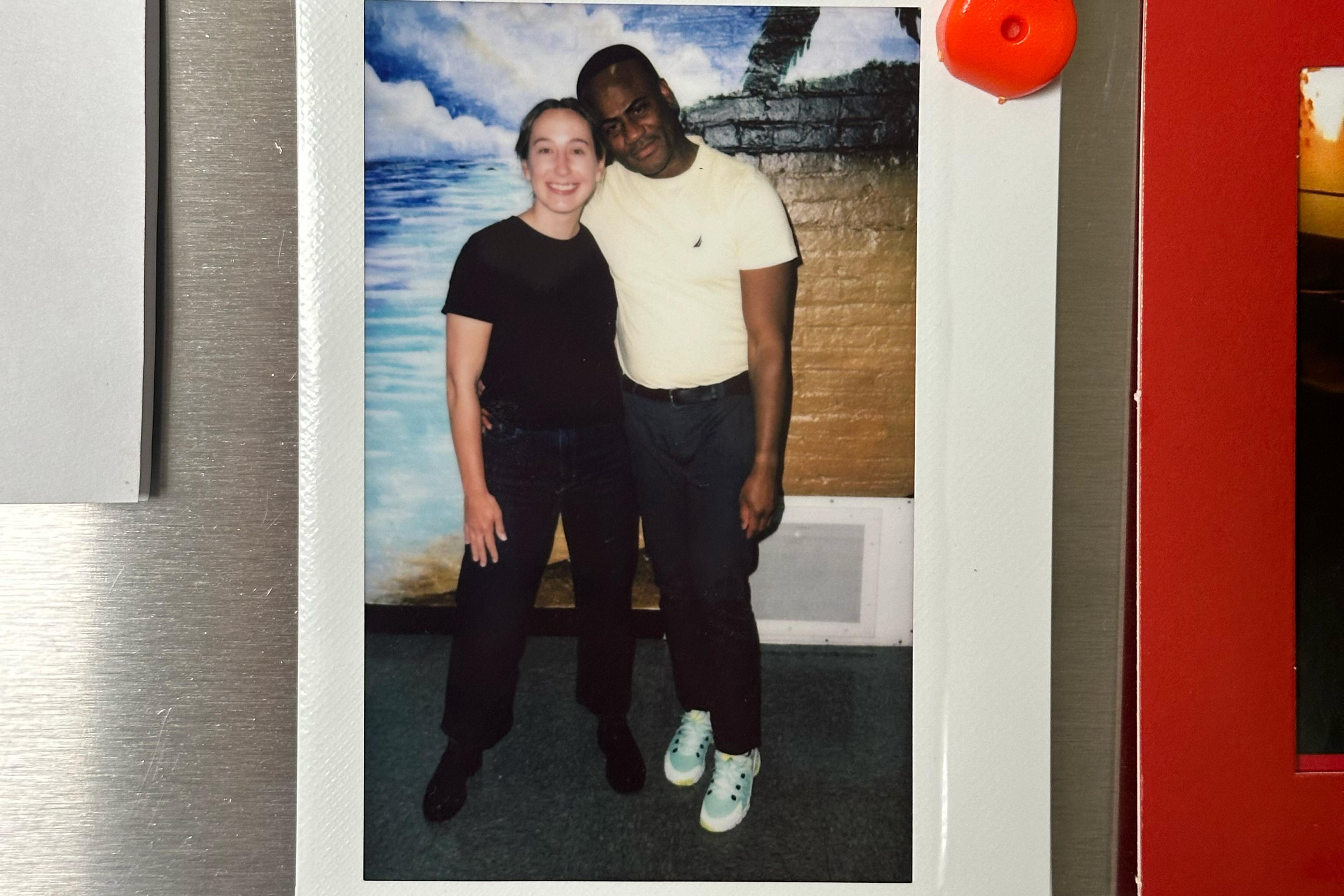
As a crime reporter, I wrote about people behind bars. I learned much more when I began writing to them
by Amelia Arvesen
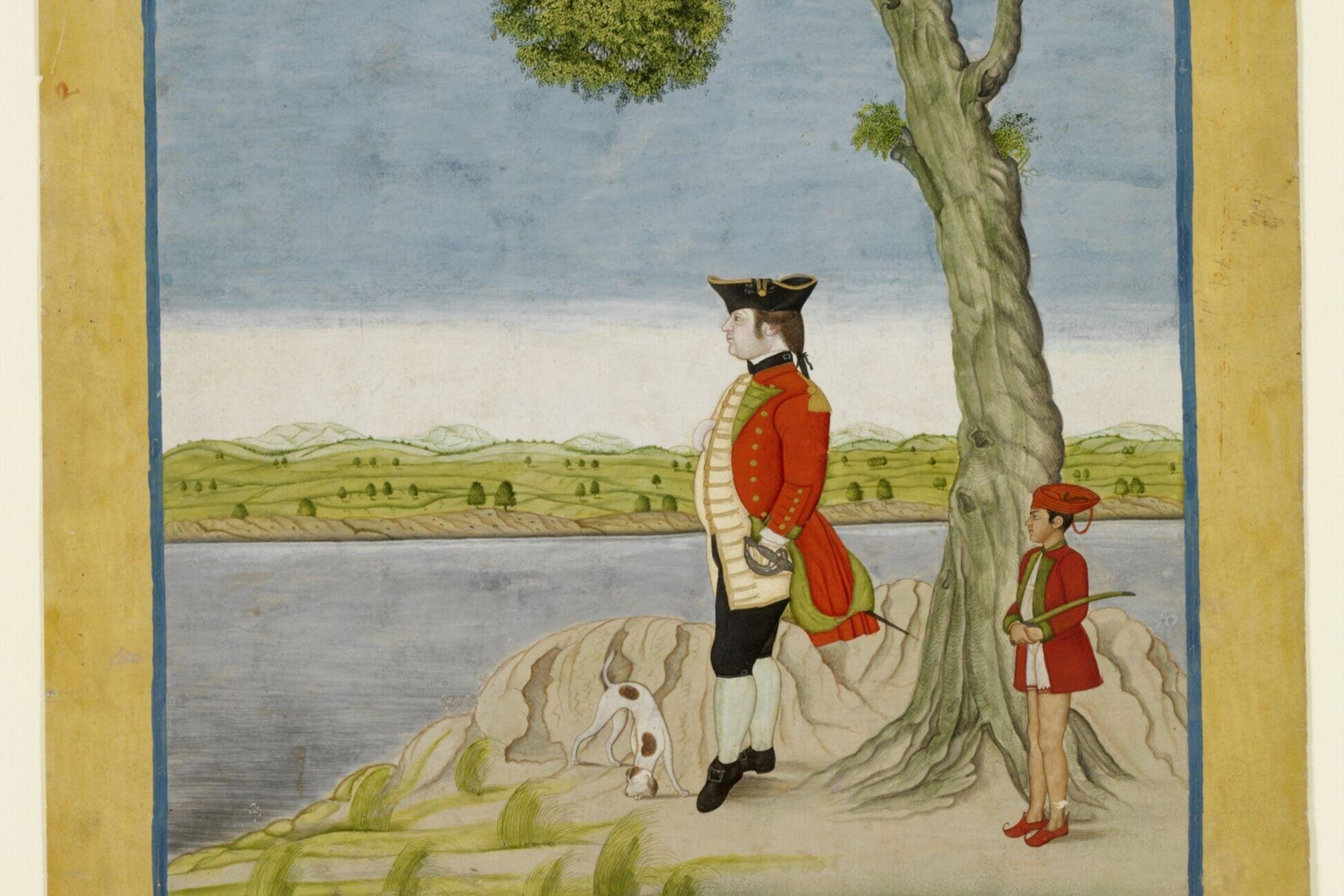
Social media utterances aren’t enough. Burke’s stand against colonial injustice shows we must confront our own complicity
by Jack Jacobs
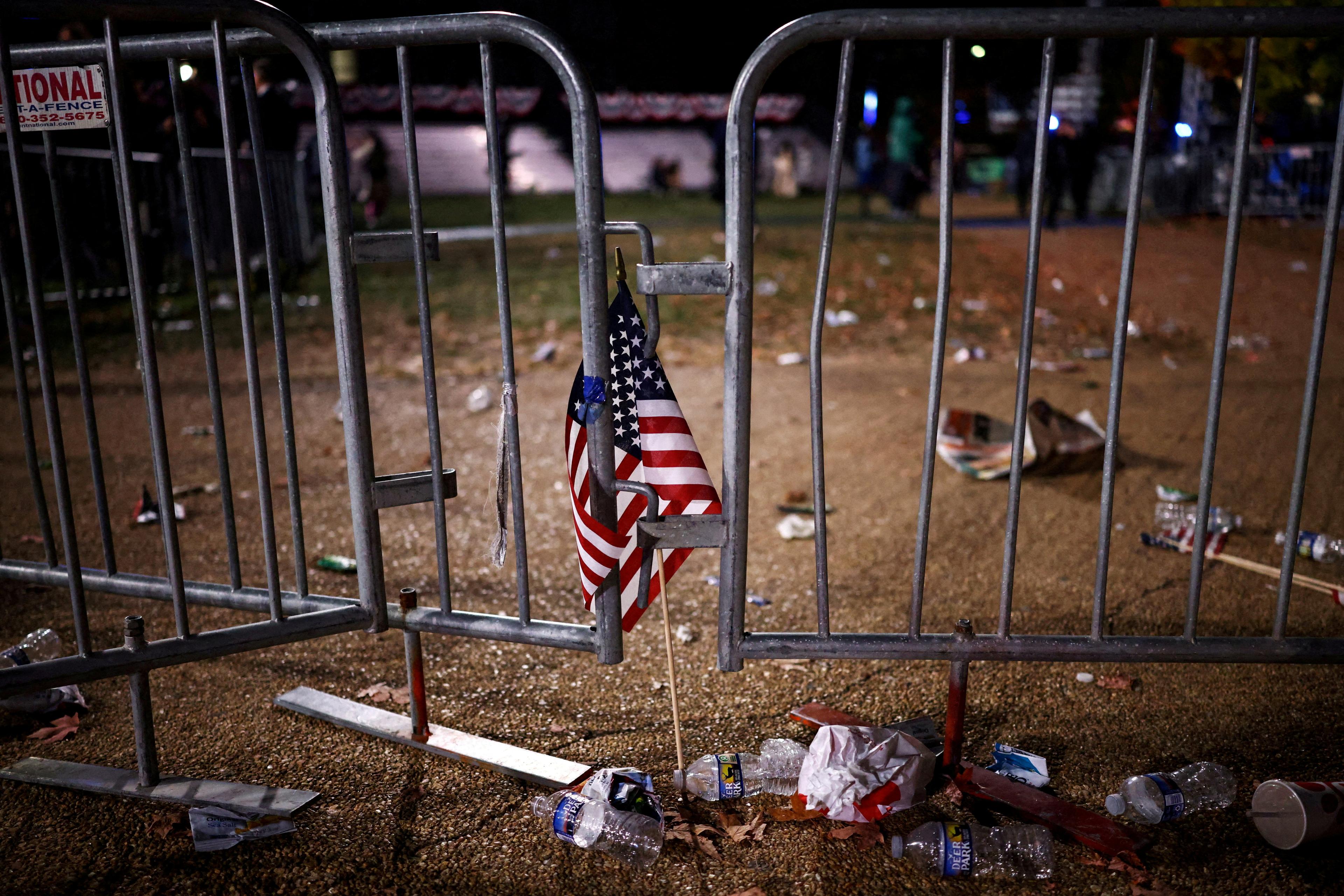
When political regimes fail us, don’t turn to optimism. It’s disappointment that holds the radical potential for change
by Rafael Holmberg
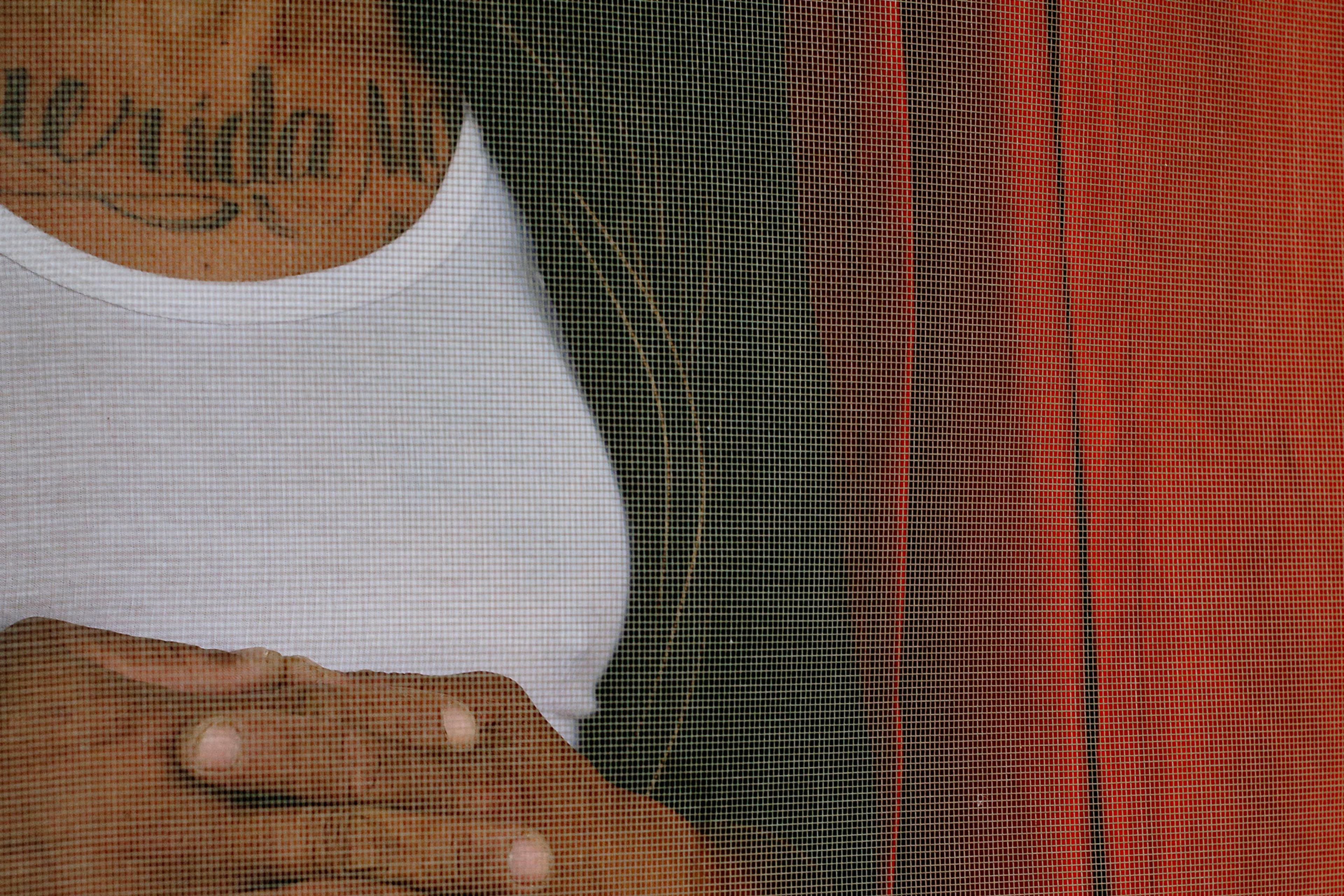
As recognised by ancestral wisdom and Indigenous practices, our need to repair relationships is a deep-rooted instinct
by Flavia Corso
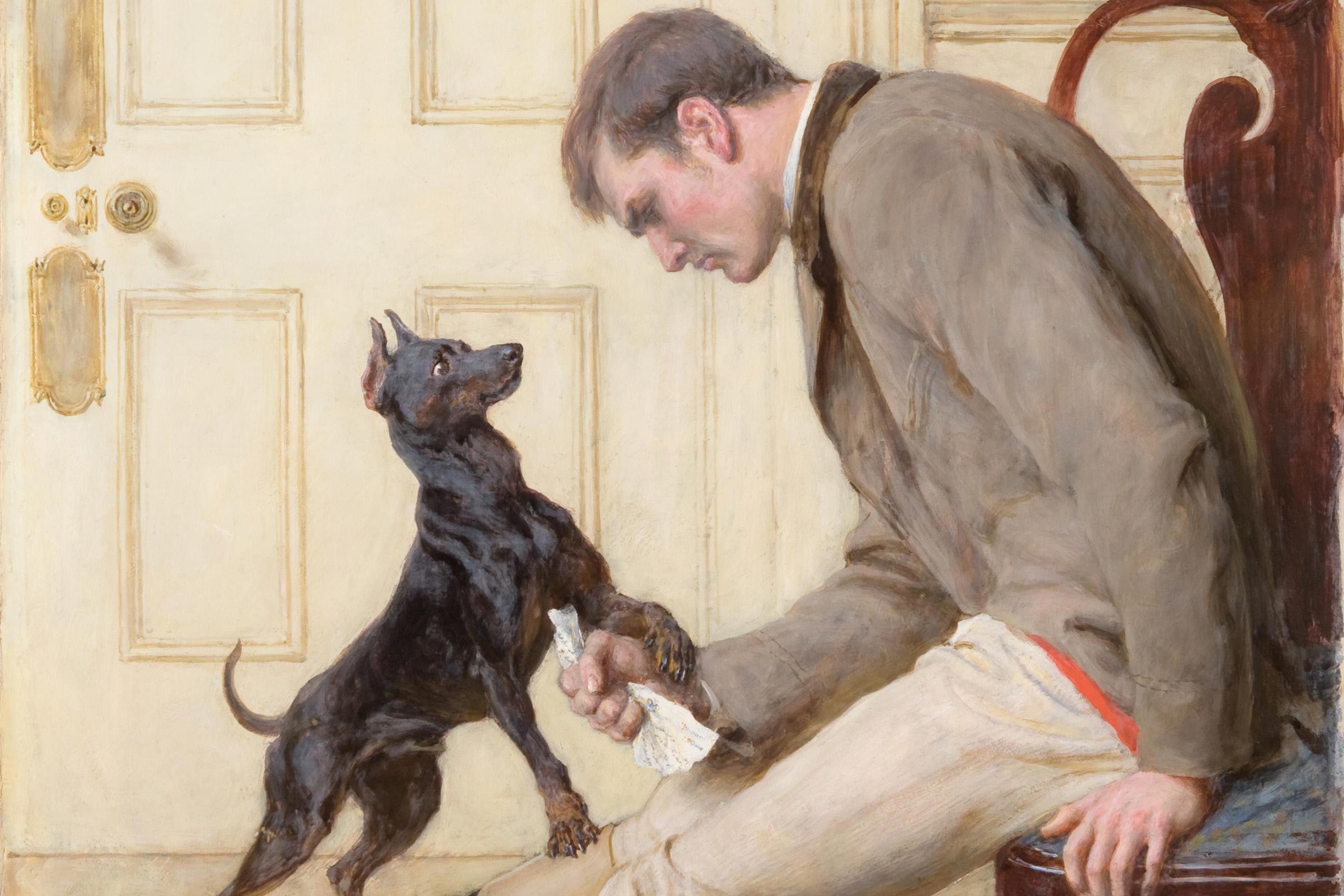
What does a deep dive into the transcripts of historical seduction trials reveal about how we account for hurt feelings?
by Jinal Dadiya
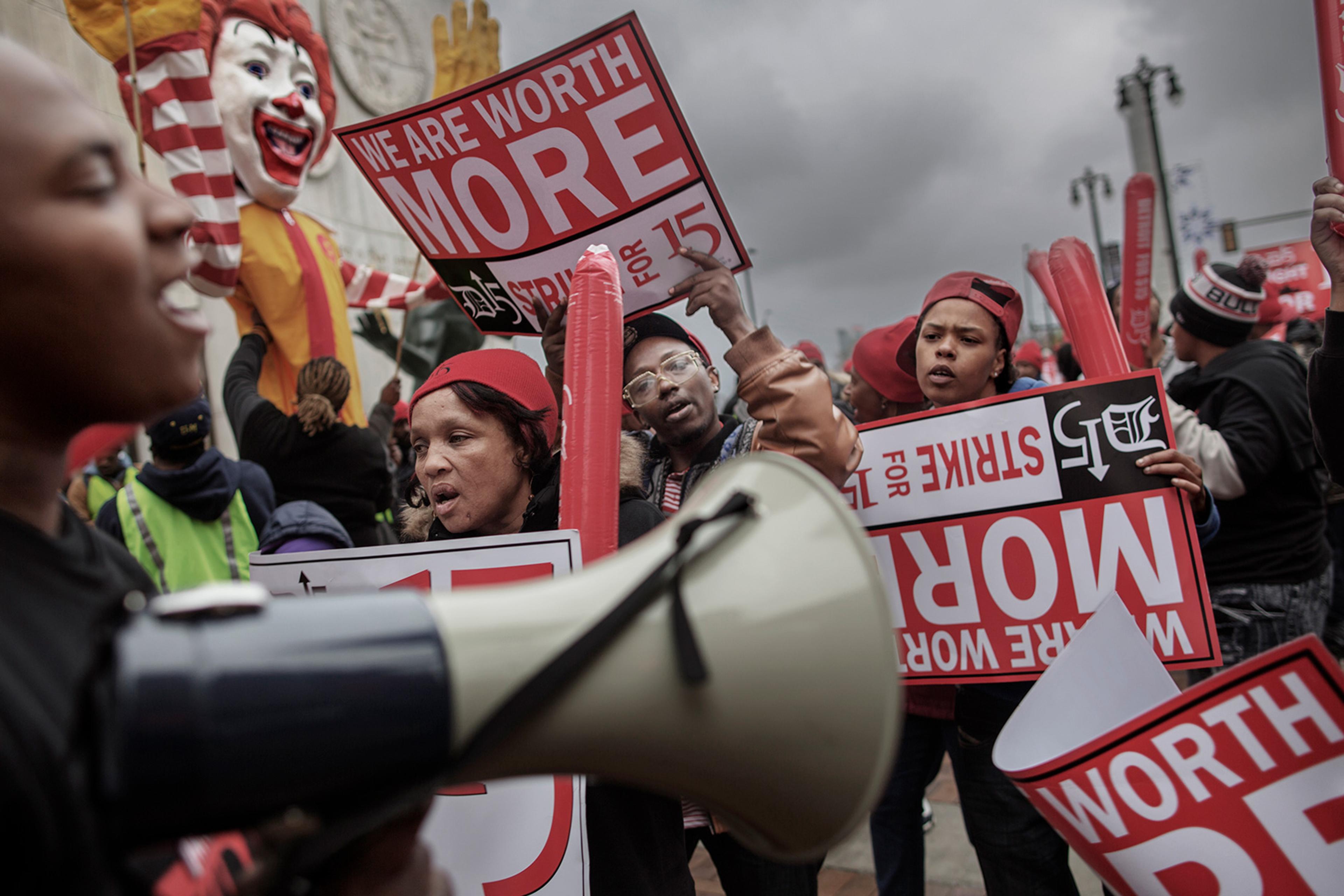
The science of protest reveals successful tactics and common weak points. Those who want change should take it onboard
by Lisa Mueller

New research shows it is a nightmare for all of us, but especially for people with health issues and marginalised groups
by Guido Corradi
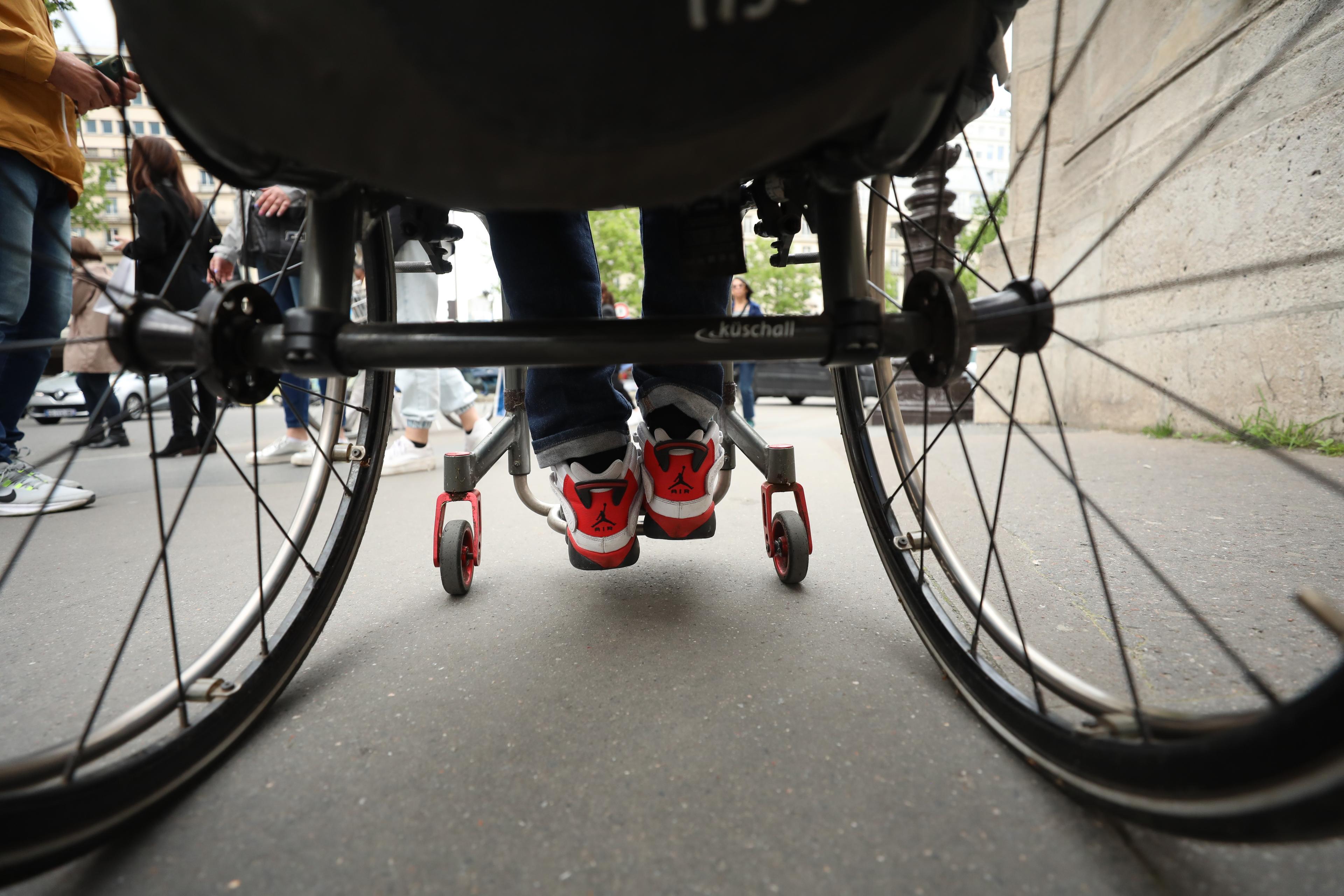
It’s welcome that there’s more awareness of ableism, but further progress means digging into the varied ways it plays out
by Matt Huston
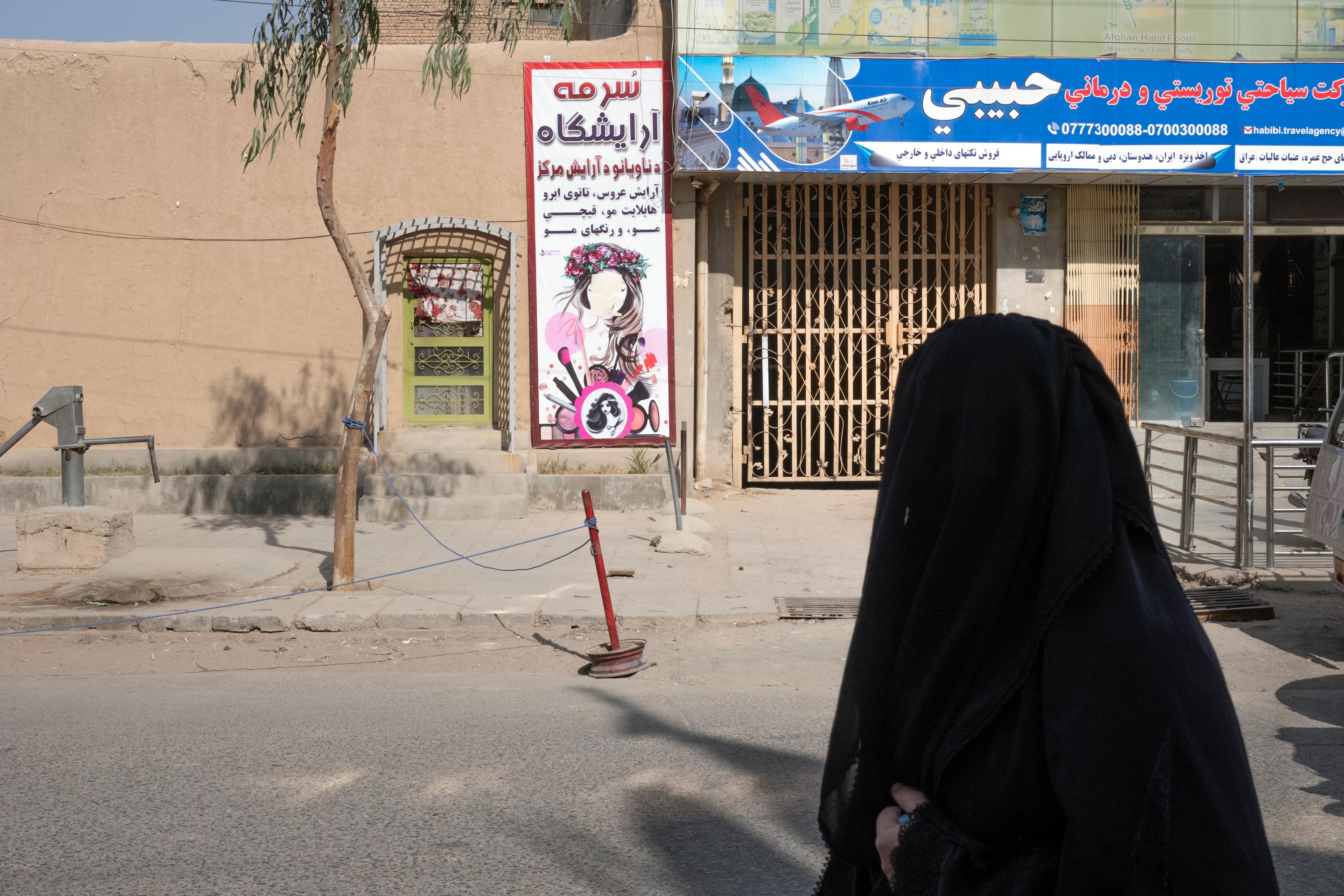
With my daughters’ education cancelled, I thought the regime had done its worst. Then a new message came from my office
by Nargis
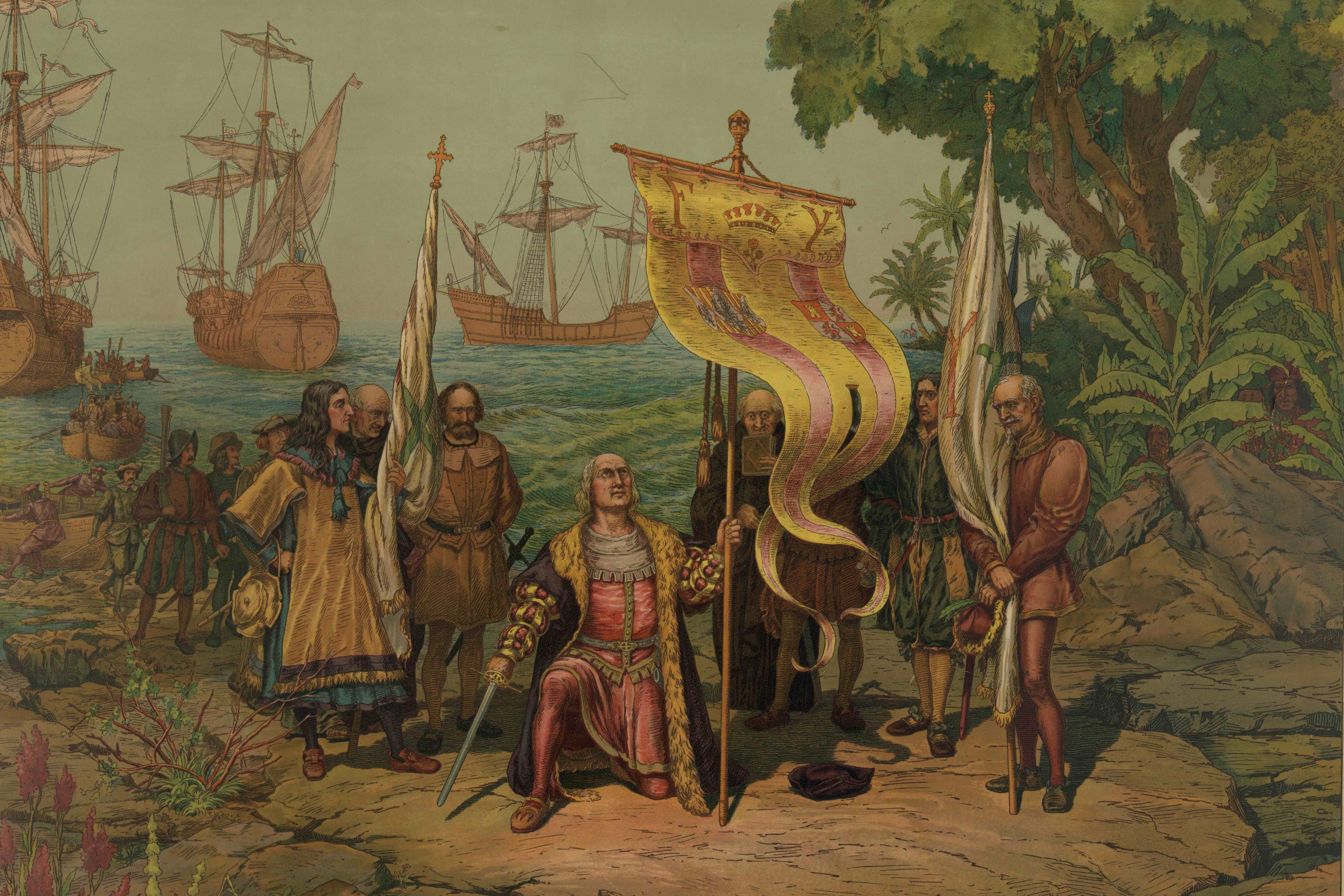
Translation as a powerful form of resistance: how a 16th-century Sephardic Jew conquered the colonial narrative from Spain
by Flora Cassen
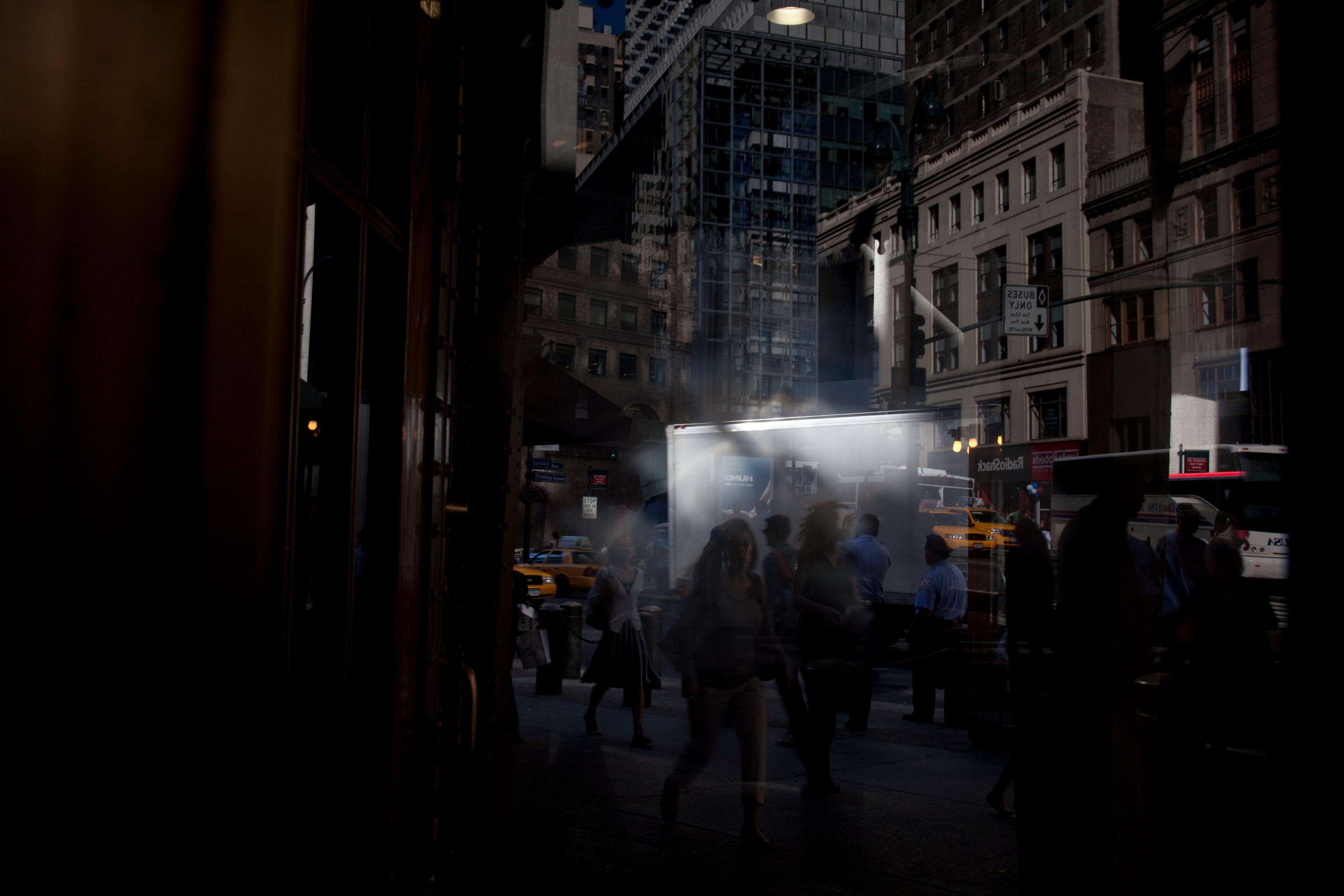
What makes people like me disabled is not our bodies but the societies we live in. Let me inspire a rethink in your attitudes
by Paras Shah
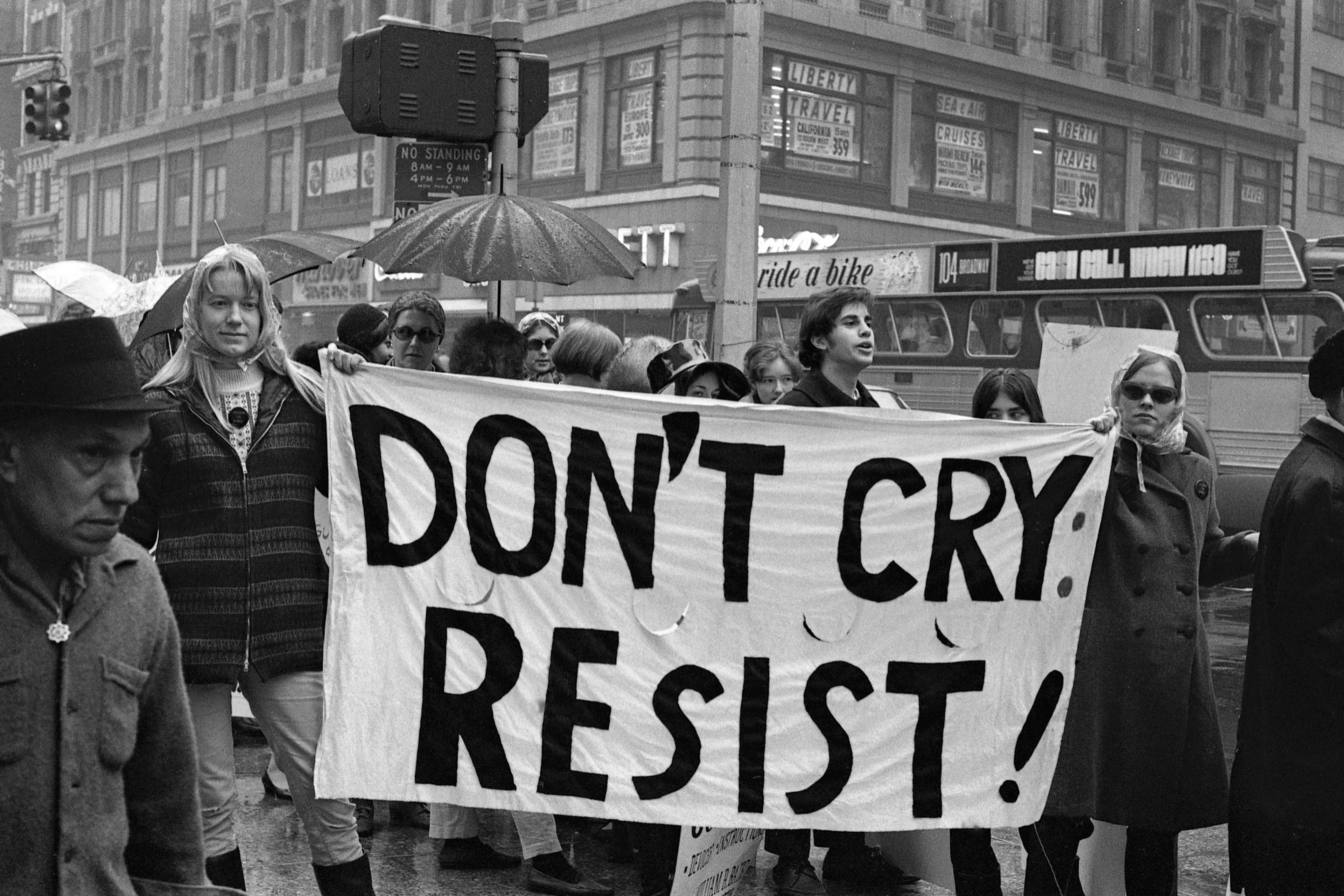
What the radical-feminist origins of the slogan ‘the personal is political’ can tell us about language in our own divided age
by Guy Stevenson
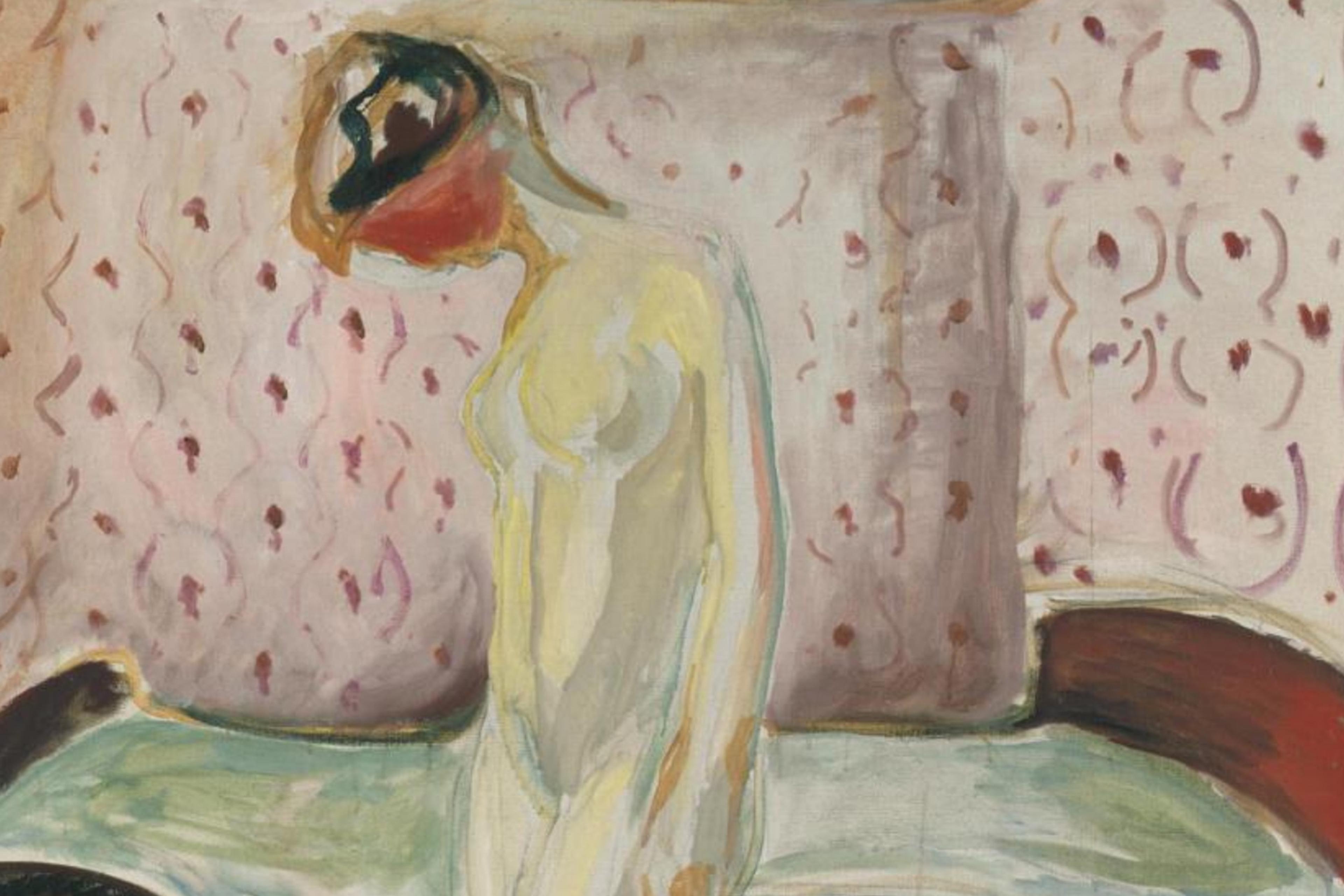
How phenomenological tools can help foster a relationship of true listening between clinicians and people with psychosis
by Rosa Ritunnano & Kasim Qureshi
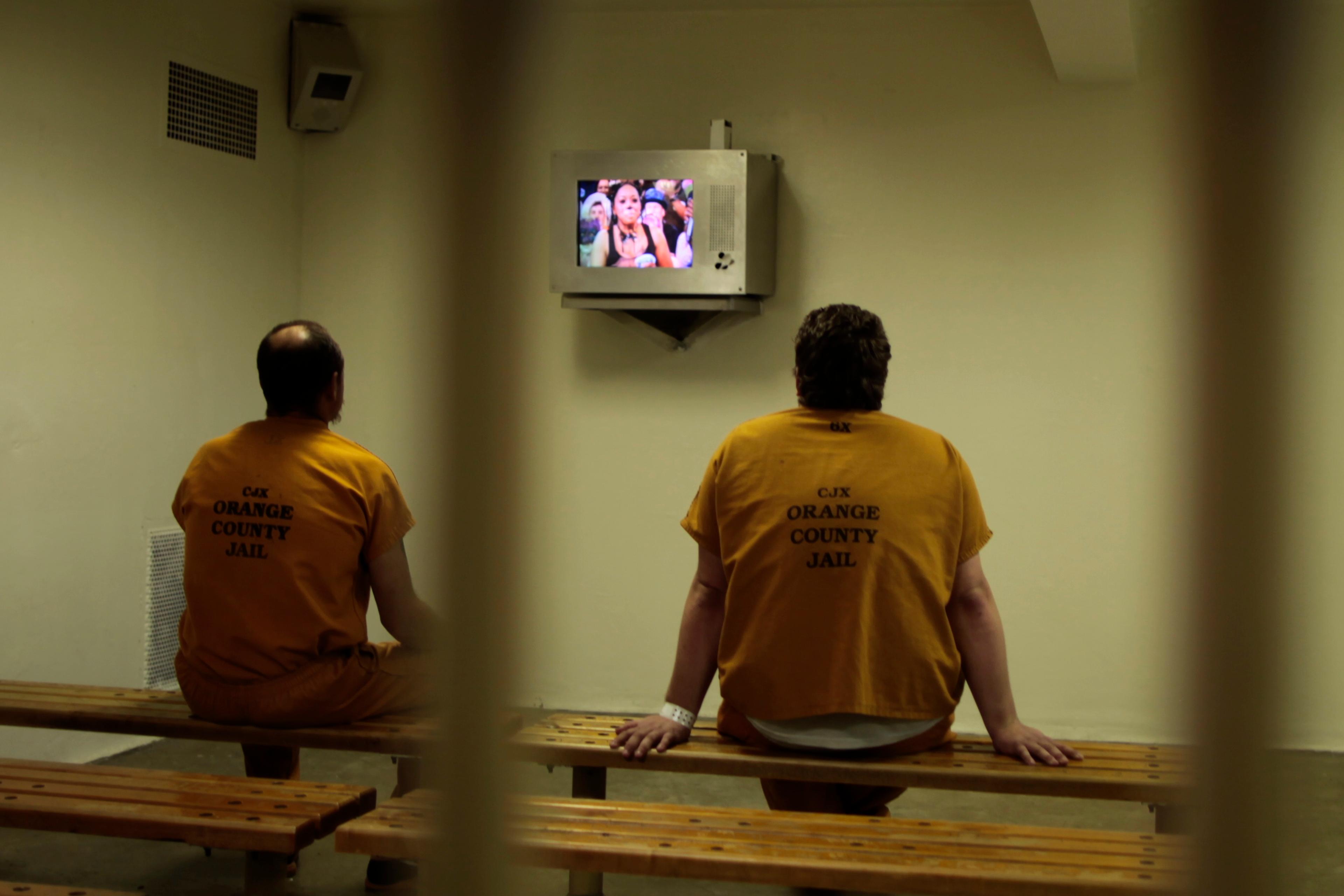
Trapped in an ocean of time, prisoners exemplify the human impulse to take temporal experience into our own hands
by Michael G Flaherty
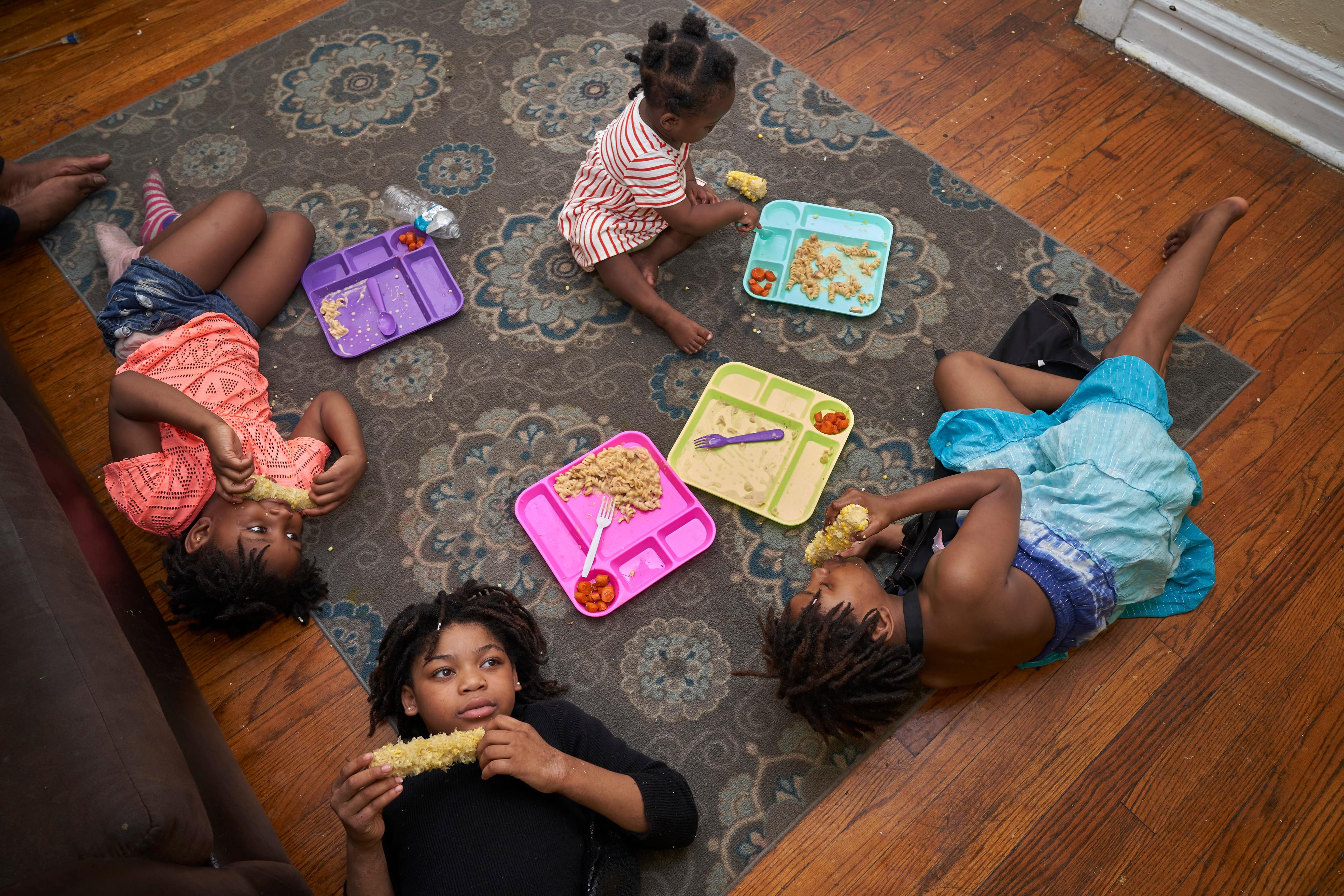
Achieving racial justice takes work, but narratives of ever-unfolding progress can make it seem as if the job is already done
by Michael Kraus